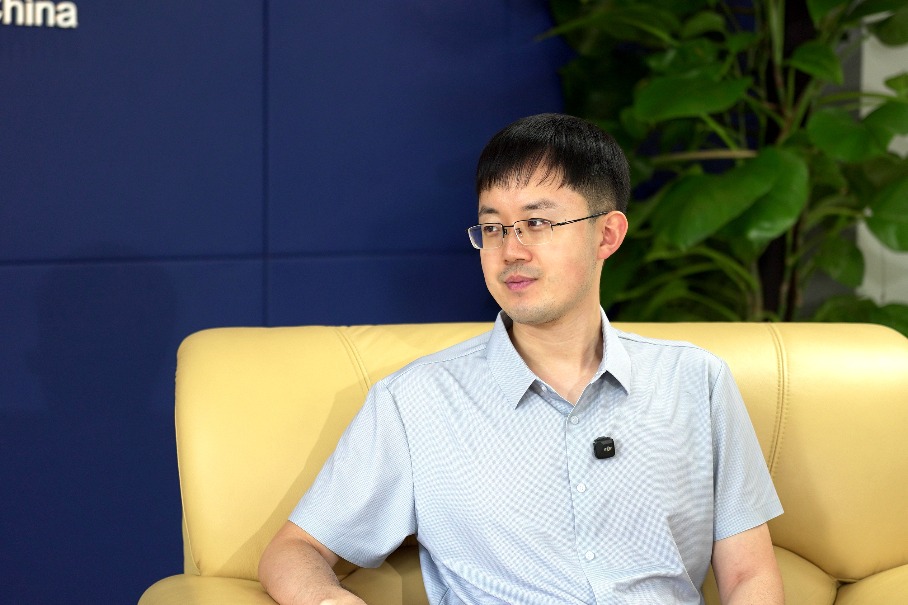Study zooms in on health of youth

China ranks 14 out of 30 countries in the first Global Youth Wellbeing Index that was released on Thursday in Washington.
The index, which focuses on six key domains -citizen participation, economic opportunity, education, health, information and communication technology and safety and security - is designed to call attention to the world's youth population as a catalyst for development, prosperity and security, according to the principal author, Nicole Goldin, director of the Youth, Prosperity and Security Initiative at the Center for Strategic and International Studies (CSIS) in Washington.
A total of 40 indictors were used in the six domains to measure global youth wellbeing in 30 developing and developed nations, representing nearly 70 percent of the world's youth population.
The United States ranked sixth among the 30 countries. Australia ranked first, followed by Sweden, South Korea, the United Kingdom and Germany.
China's ranking came before Brazil and Mexico, which rank 15th and 16th respectively, but behind the developing nations of Thailand, Vietnam, Peru and Colombia, which ranked from 10th to 13th.
Angga Dwi Martha, an Indonesia youth advocate for the United Nations Population Fund, said the index points out a very general set of problems.
"As young people, we can say to our government, and sector like public sector or civil society or other sectors that these are our problems," he said at the index launch ceremony held on Thursday at CSIS.
The index was created by a group of experts from CSIS and the International Youth Foundation, with financial support from Hilton Worldwide, a global company with hotels and resorts.
Among the main findings of the study, a large majority of the world's youth is experiencing lower levels of wellbeing, and even when young people are doing relatively well, they still face challenges and limitations.
Across countries, average domain scores indicate youth are faring strongest in health and weakest in economic opportunity, said the study.
Of the 30 countries, China, which was put in the upper middle-income country category according to the World Bank, placed 28th in citizen participation, 10th in economic opportunity, 22nd in education, 11th in health, 15th in information and communications technology and 14th in safety and security.
China's total number of youth aged 10 to 24 stands at 299 million, about 22 percent of its total population. Globally, people aged 10 to 24 are estimated at 1.8 billion, according to the study.
China's youth report their greatest optimism and satisfaction in economic opportunity and safety and security, according to the report.

In the economic opportunity domain, China scored above the index average in youths' income and wealth expectations, economic climate and competitiveness, youth involved in early stage entrepreneurial activity but below the average in GDP per capita and youth unemployment.
In the citizen participation domain, China scored above the index average only in candidacy of age for national office and youths' perception of value in society, while were below the index average in the economy democracy index, existence of youth policy, volunteer frequency and youths' feeling served by government.
Christopher Nassetta, president and CEO of Hilton Worldwide, said the index will create a dialogue to get civil societies, governments and businesses to work together to figure out long-term answers for the youth.
He expects the data will help businesses make investment decisions. "What kind of capital resources, what kind of human resources do we need to allocate, how do we do it to maximize the opportunities for success? Hopefully this data will help make such judgment," he said.
Kathleen Hicks, senior vice-president at the CSIS, said an index like the wellbeing one isn't going to solve problems but can really illuminate issues.
The study made several recommendations that include advancing participation by youths, promoting deeper and more targeted research and analysis and considering integrated policies and programs.
chenweihua@chinadailyusa.com
| From left: Kathleen Hicks, senior vice-president of Center for Strategic and International Studies (CSIS); William Reese, president and CEO of International Youth Foundation; Christopher Nassetta, president and CEO of Hilton Worldwide and Alyona Minkovski of HuffPost Live, at a meeting at CSIS on Thursday to launch the Global Youth Wellbeing Index. Chen Weihua / China Daily |
(China Daily USA 04/04/2014 page2)
Today's Top News
- China to strengthen disaster management
- Xi's letter uplifts nation's young people
- Actor hailed for joining CPC at 92
- Sino-German ties set to be strengthened
- Capital market set for further policy boost
- China, US to implement 'hard-won' outcomes agreed at London talks































